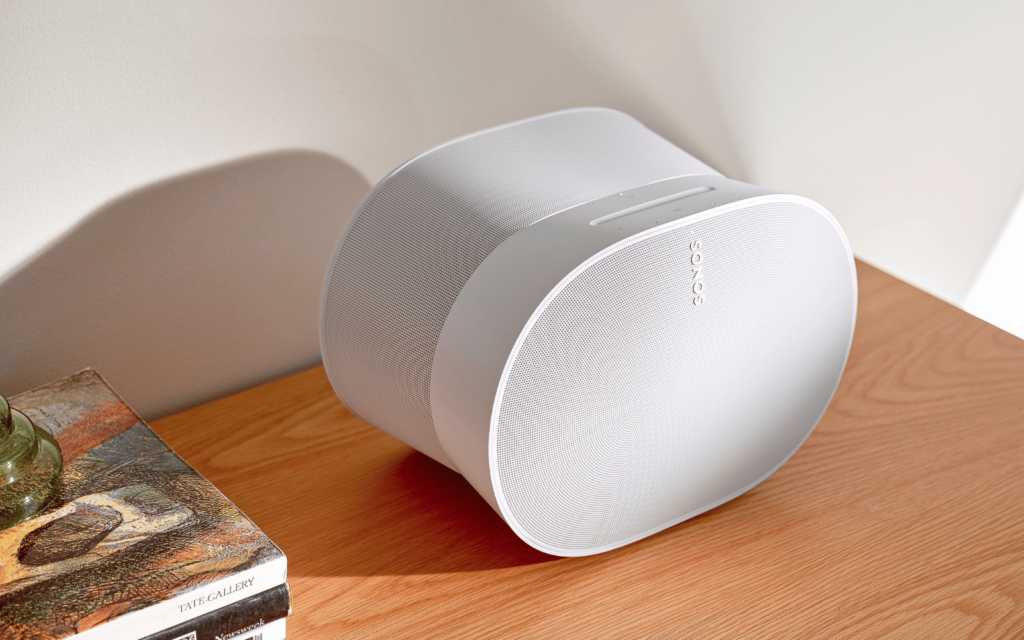American audio maker Sonos recently launched its “Pro” subscription service aimed at commercial spaces like coffee shops, gyms, or tech startups that see a lot of foot traffic.
Unfortunately, the service is only available in the US for now, where it costs $35/m (R640) per location. While the press release does state “with additional markets to follow”, it doesn’t say what those markets are or when a wider rollout can be expected.
The new service is controlled via “a bespoke Sonos app experience”, essentially a web-based interface that presumably works similarly to the mobile app… with a few extra features.
Sonos chasing that corporate money
Businesses can pick from third-party streaming services or use Sonos Backgrounds, a new commercially-licensed music service, to play throughout their premises to “create a consistent brand experience”.
The web-based interface also allows remote management capabilities including preset playlist schedules, access delegation, and access to on-demand premium support from anywhere.
Read More: First impressions: Sonos Era 100 and 300 – Entering a new Era
Stuff hasn’t been to the US recently but from what Sonos CEO Patrick Spence says about the country’s retail stores, we’re slightly relieved. “As consumers return to brick-and-mortar, retail stores and restaurants are leveraging music, visuals and scents to create a sensory in-store experience that builds an emotional connection with customers.”
Count us in for some relaxing background jazz in a coffee shop or soft instrumental tracks over dinner, but we’re not so sure about using scents. That sounds like it has the potential to go wrong. Horribly, horribly wrong.
Sonos probably isn’t worried about that. It’s presumably more concerned with its revenue streams and how its sales growth is expected to stagnate this year. This monthly subscription could help elevate the company’s financial position which, until now, was mostly reliant on the sale of its speakers.
